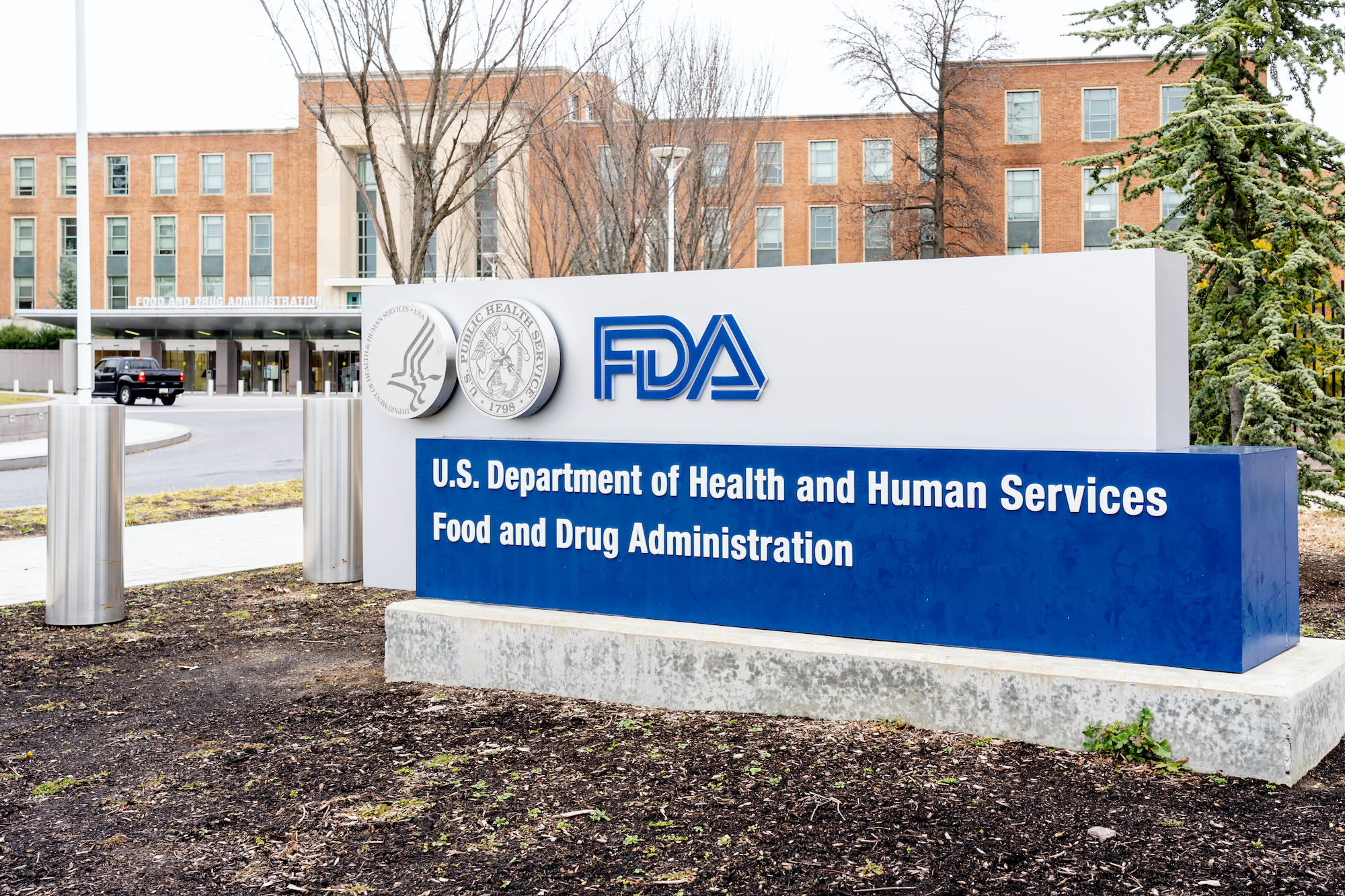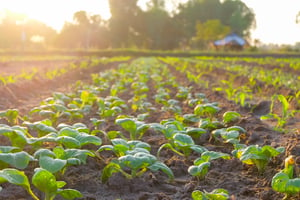
This week, the Food and Drug administration published the proposal rule for Food Traceability.
When the Food Safety Modernization Act was established back in 2011, it marked a historic moment whereby food safety requirements for our complex food supply chain were updated. The last update to this body of legislation dates back to 1938. FSMA was long overdue. In today’s world we need standards and we must mitigate risk. It’s an issue that affects us all, but it is complicated. The details are not lost on those that contribute to our fantastically diverse and interesting food production landscape.

Since FSMA was first published, the industry has adapted. We now have many of the components in place for exemplary and consistent food safety practices. However, even though the food community has responded to FSMA overall, there is still work to do. Section 204, the component of the FSMA regulations dedicated to food traceability, needed more work.
Comprehensive food traceability standards needed to be dealt with separately. It’s not necessarily about the science either but, due to a variety of factors, solving food traceability issues must be dealt with in other ways. Sometimes the problem may lie with technology, sometimes it’s the processes and sometimes it’s simply that there aren’t sufficient incentives to change behavior. I often refer to this as the three P’s: People, Process and Programs.
 In addition, food traceability is simply complicated (pun intended). Diverse food systems such as ours often mean complex food production practices and circuitous supply chain routes. Today’s consumers have high expectations. Different types of food are more risky than others. Food production practices vary from location to location. And expertise, or the underlying awareness of the risks, are not respected. In short, it’s difficult to put all this together without a unifying foundation.
In addition, food traceability is simply complicated (pun intended). Diverse food systems such as ours often mean complex food production practices and circuitous supply chain routes. Today’s consumers have high expectations. Different types of food are more risky than others. Food production practices vary from location to location. And expertise, or the underlying awareness of the risks, are not respected. In short, it’s difficult to put all this together without a unifying foundation.
At the core of this proposal is a requirement for those who manufacture, process, pack or hold foods on the Food Traceability List (FTL) to establish and maintain records containing Key Data Elements (KDEs) associated with different Critical Tracking Events (CTEs). Think of KDE’s and CTE’s as elements describing the journey of our food. Each CTE is essentially a node on a linear journey where data is known, gathered and stored for later use.
Over the next few months, this proposal for food traceability will be debated, edited and shaped into something of significant value to our industries. In the end, a comprehensive and thoughtful method to “help the FDA rapidly and effectively identify recipients of those foods to prevent or mitigate food borne illness outbreaks and address credible threats of serious adverse health consequences or death” will prevail, helping us all maintain high standards throughout.
The proposed rule will be available for public comment for 120 days following publication in the Federal Register. You can find it here. For those of you wishing to know more, please drop me a note at rconnelly@procurant.com.
These are exciting times for future generations. Let’s be proud and excited about what we are about to accomplish, ensuring safe and diverse food consumption for decades to come.
Lorem ipsum dolor sit amet, consectetur adipiscing elit

These Stories on Food Safety
Procurant USA LLC
475 Alberto Way - Suite 230
Los Gatos, CA 95032
1-669-221-1026
info@procurant.com
